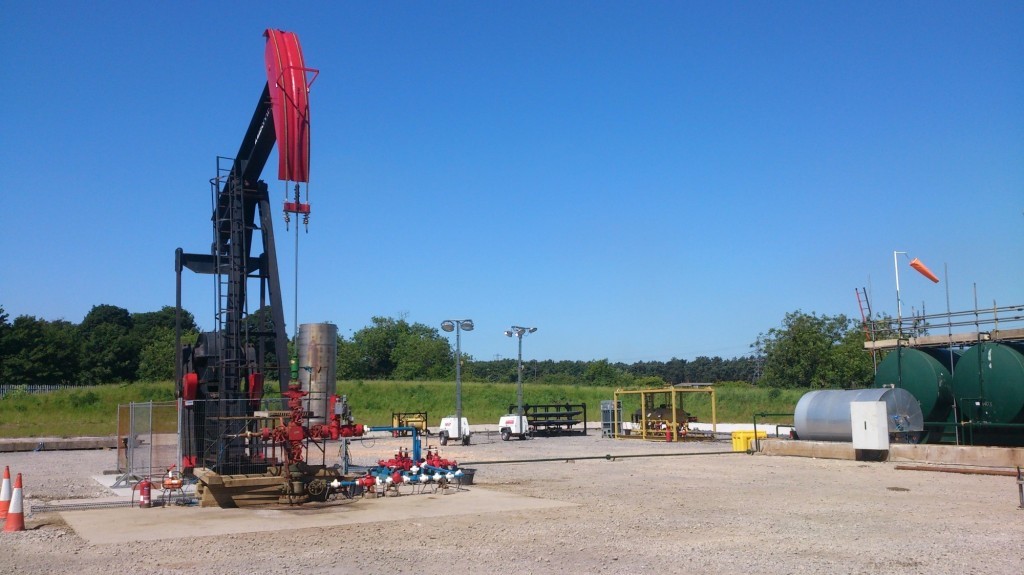
Shell UK left oil and gas experts baffled last night after it said it was reviewing its Fram development in the UK North Sea as a result of “unexpected initial drilling results”.
While Shell said development drilling on the field would continue for several months to inform a revised strategy, it had already decided to axe some key contracts.
Energy service giant Subsea 7 is working with Shell to “determine the way forward” for its £85million deal for work on Fram, which lies 136 miles east of Aberdeen.
Other contracts were awarded to Dutch firm SBM Offshore and Norway’s Atlantic Offshore.
Shell got final approval for its Fram field-development plan from the Department of Energy and Climate Change last October. At the time, it described the project as one of its most significant in the central North Sea for more than a decade and among the largest planned for UK waters.
It did not disclose the development cost for the field, but industry sources said it was likely to exceed several hundred million pounds
Shell said yesterday: “Fram was originally designed for a 35,000 barrels oil equivalent per day development using floating, production, storage, and offloading (FPSO) technology. Development drilling . . . began last year but early assessments have shown unexpected well results.
“Shell and its partner are continuing to evaluate the potential of the Fram reservoirs, with a view to producing an alternative development plan for the field.”
Shell refused to give any more details of is development drilling programme, which is thought to include five oil and three gas wells.
Jeremy Cresswell, editor of the Press and Journal’s Energy supplement, said: “It is not uncommon that there are adjustments to a new field development as they get under way but I have never encountered something as radical as this. Shell’s use of the word ‘initial’ is completely baffling. What on earth is going on?”
Shell is the operator of Fram, in which it has a 32% equity share. Esso Exploration and Production UK, a subsidiary of US oil giant ExxonMobil, owns the remaining 68%.
Shell and Esso discovered Fram while drilling an exploration well in 1969.
Development was considered unfeasible then, because of the complexity of the reservoir, small volume of hydrocarbons and the field’s distance from processing and export infrastructure. Its full potential was known only after the drilling of another appraisal well nearly 40 years later, when large amounts of hydrocarbons were found.
Recommended for you
